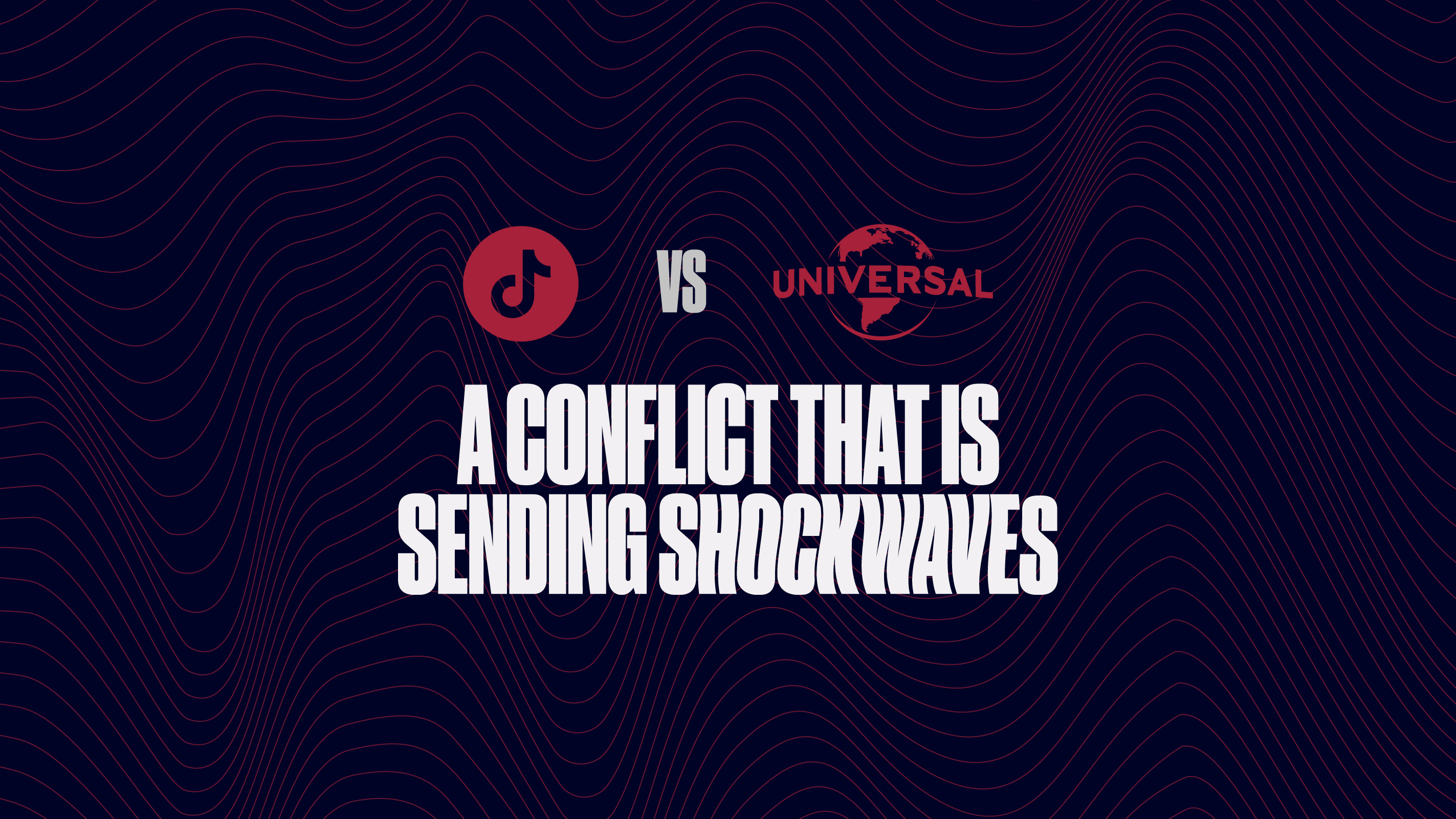TikTok’s Bold Move: Removing Universal Music Group Artists’ Music

In a recent move that has sent shockwaves through the music and social media industries, TikTok has made the unprecedented decision to remove all music by artists licensed to Universal Music Group (UMG). This move, which includes muting videos containing UMG-licensed music, comes amidst failed contract negotiations between TikTok and UMG, shedding light on pressing issues surrounding artists’ compensation, AI-generated content and online safety.
Why Did TikTok Take This Action?
TikTok’s decision to remove music from Universal Music Group artists stems from several critical issues that have been at the forefront of their contract renewal discussions. One of the primary concerns revolves around the platform’s proposed payment rates to artists, which UMG argues fall well below industry standards. Despite TikTok’s substantial user base and advertising revenue, UMG contends that the platform’s compensation model inadequately values the contributions of artists and songwriters.
Furthermore, TikTok’s handling of AI-generated content has raised alarms within the music industry. The platform’s proliferation of AI-generated recordings and tools to facilitate AI music creation poses a threat to human artists, potentially diluting the royalty pool and undermining their ability to earn fair compensation for their work.
Finally, UMG has expressed dissatisfaction with TikTok’s approach to online safety, citing concerns about content adjacency issues and the prevalence of harmful content on the platform. Despite efforts to address these concerns, TikTok’s alleged indifference or lack of responsiveness has compelled UMG to take decisive action.
The Impact on Artists and Users
The removal of UMG’s music from TikTok has significant implications for both artists and users of the platform. Artists signed to UMG labels, such as Taylor Swift, BTS, Drake, and Olivia Rodrigo, will no longer have their music featured on TikTok, potentially impacting their ability to reach audiences and promote their work. For emerging artists, TikTok has served as a valuable platform for exposure and career growth, making the absence of UMG music a notable loss.
Moreover, users who create content on TikTok will now find their videos muted if they contain Universal Music Group licensed music, disrupting the creative process and limiting the platform’s appeal. This move underscores the intertwined relationship between music and social media, highlighting the importance of fair compensation and partnerships between artists, labels, and platforms.
Tips to Avoid Copyright Infringement and Replace Audio
In light of TikTok’s decision, content creators must be vigilant to avoid copyright infringement. Here are some tips to help navigate this landscape:
1. Use Royalty-Free Music: Instead of using copyrighted music, consider utilising royalty-free music libraries or platforms that offer licensed tracks for content creation.
2. Enable Video Sound Copyright Check: Take advantage of TikTok’s Creator Tools by going to Settings and switching on “video sound copyright check”. This feature helps creators identify copyrighted audio in their videos, allowing them to make informed decisions about their content.
3. Explore Sound Effects and Instrumentals: Experiment with sound effects, instrumentals, and audio samples to add depth to your videos without infringing on copyright.
4. Seek Permission: If you wish to use a specific song or audio clip, reach out to the rights holders to obtain permission or explore licensing options to ensure compliance with copyright laws.
5. Utilise TikTok’s Audio Library: TikTok provides a vast library of licensed music and audio clips that users can incorporate into their videos without fear of copyright infringement. Explore these options to find suitable alternatives for your content.
In conclusion, TikTok’s decision to remove UMG music underscores the evolving dynamics between the music industry and social media platforms. As negotiations between TikTok and UMG continue, content creators and users must adapt to these changes while prioritising respect for artists’ rights and copyright laws. By staying informed and proactive, we can navigate this shifting landscape while fostering a fair and supportive environment for creators and artists alike.